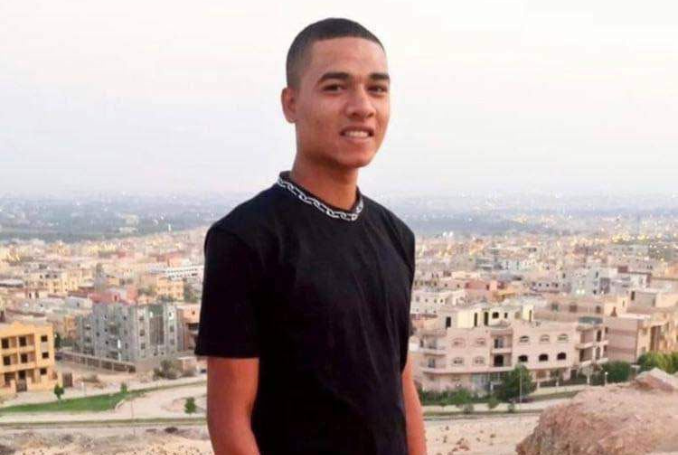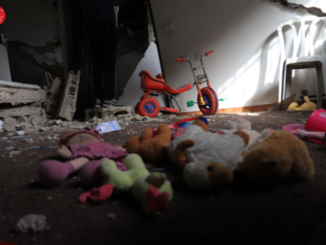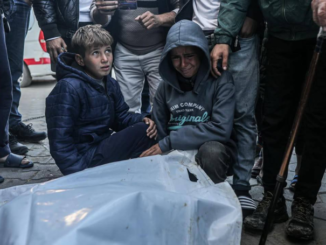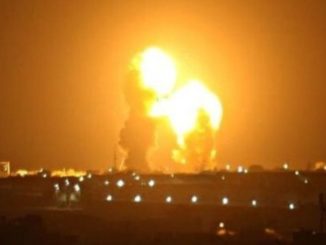
On Tuesday, security forces cordoned off roads leading to the deceased’s home in the middle-class neighborhood of Ain Shams, north-east of Cairo, and policemen were deployed around the house.
Tensions flared in Cairo as Egyptian authorities imposed a ban on activists and family members holding a public funeral for Mohammad Salah, a conscript whose alleged involvement in the killing of three Israeli soldiers has strained Egyptian-Israeli relations, The New Arab reported.
The Egyptian authorities on Tuesday banned activists and family members of Mohammad Salah from conducting a public funeral outside the deceased home in the capital Cairo, allegedly fearing he could be celebrated as a ‘martyr’.
Salah, a security force member serving along the Egyptian border with Israel, is believed to be involved in killing three Israeli soldiers after he entered Israel’s territories and was killed during an exchange of fire on Saturday.
On Tuesday, security forces cordoned off roads leading to the deceased’s home in the middle-class neighborhood of Ain Shams, north-east of Cairo, and policemen were deployed around the house.
Eyewitnesses told The New Arab that “pro-Palestine activists and members of opposition groups who had attempted to reach the site through the nearby underground metro station were hunted down by security forces and forced to back off.”
Intensive security presence in the area persists, intending to restrict any possible public gatherings for mourning Salah, according to local sources.
Earlier on Monday, Salah had been given a low-profile burial in his home village of Al-Amar Al-Kubra in Egypt’s Al-Qalyubia province north of Cairo. The funeral was attended only by Salah’s brother and uncle, who were previously interrogated by Egyptian authorities.
While Salah has been referred to by the Israeli media and government as “an assailant,” “terrorist” or “gunman,” Egyptian and Arab social media activists and several journalists, even those loyal to the regime, have described him as a “hero” and “martyr.”
(The New Arab, PC)







